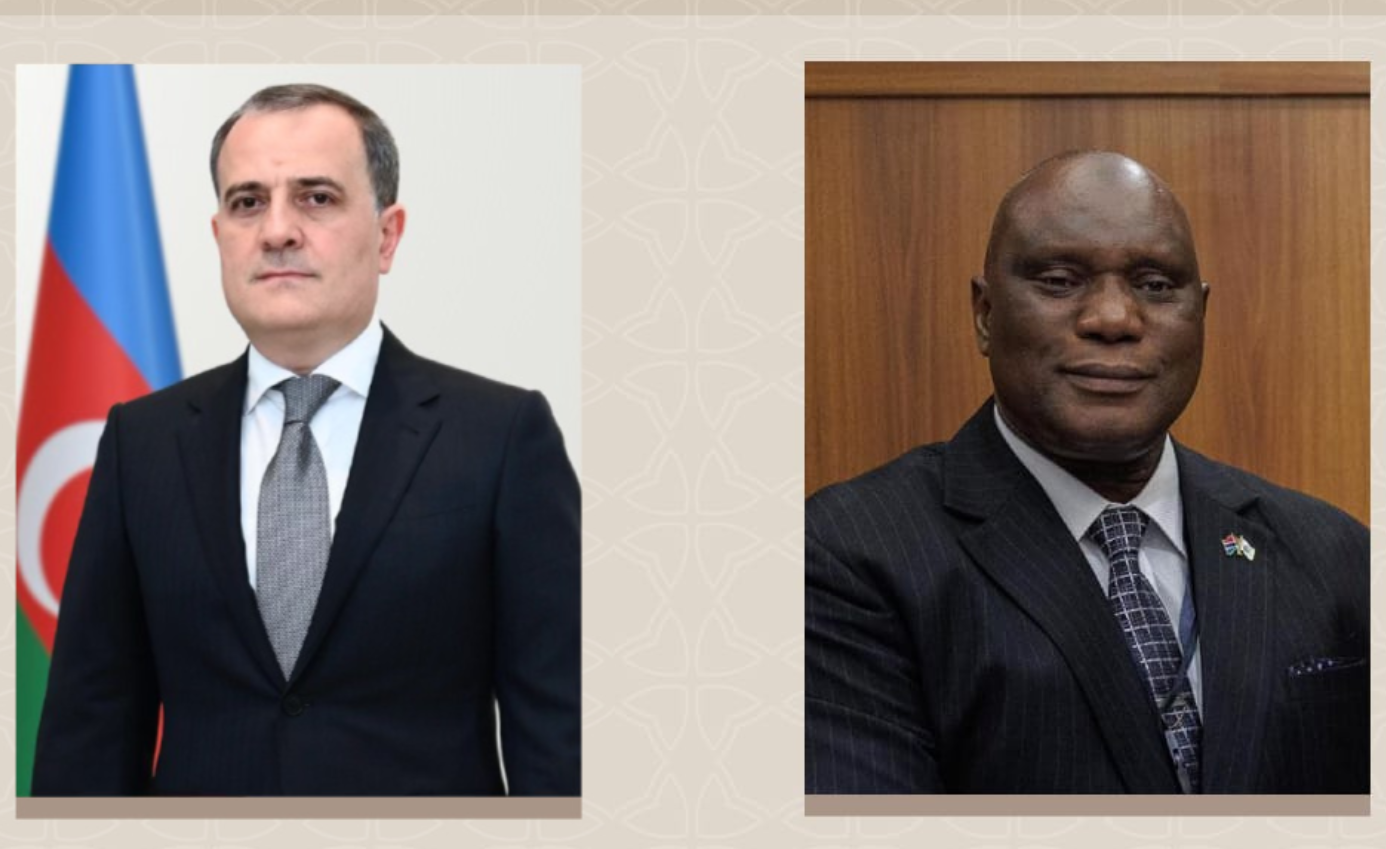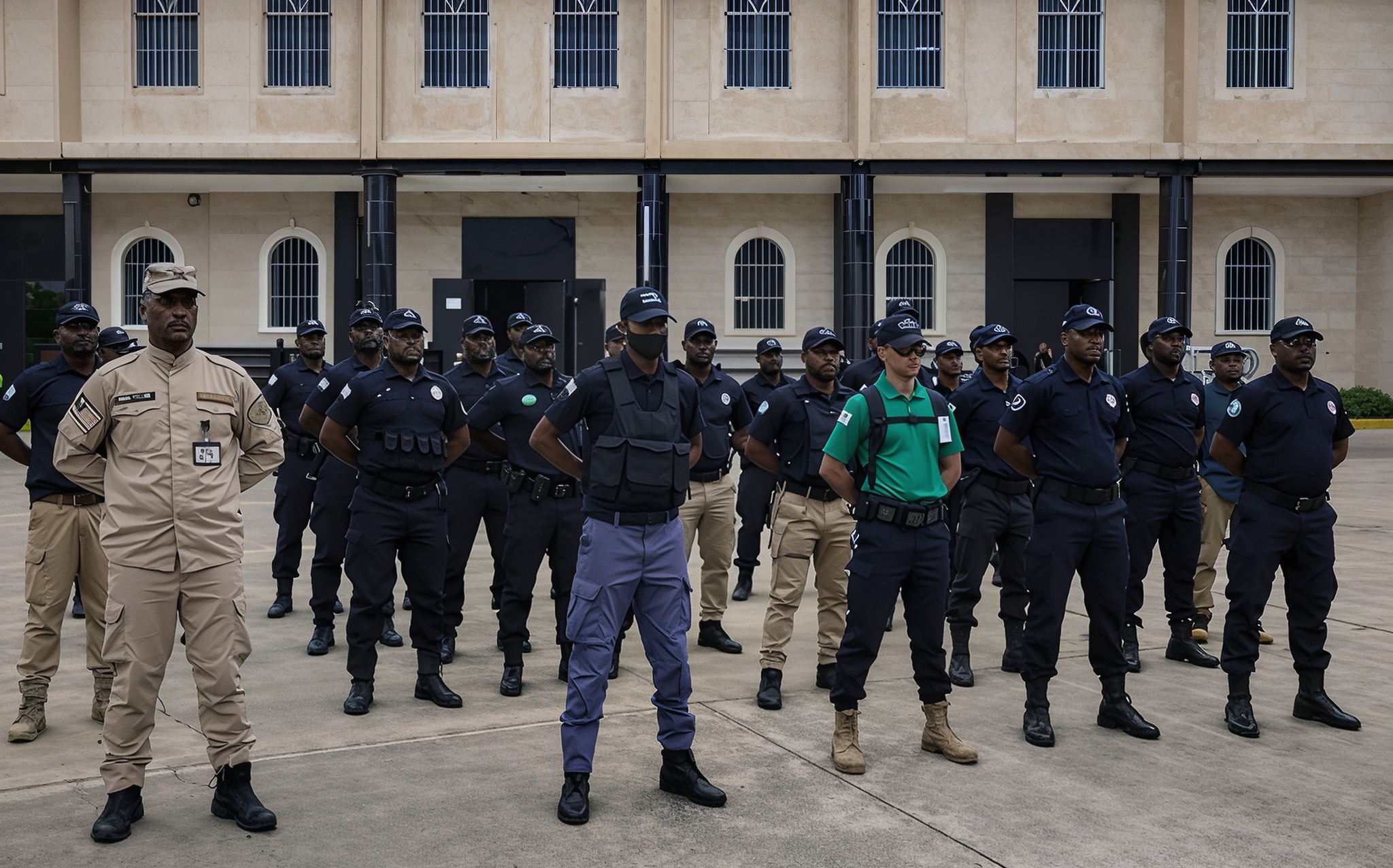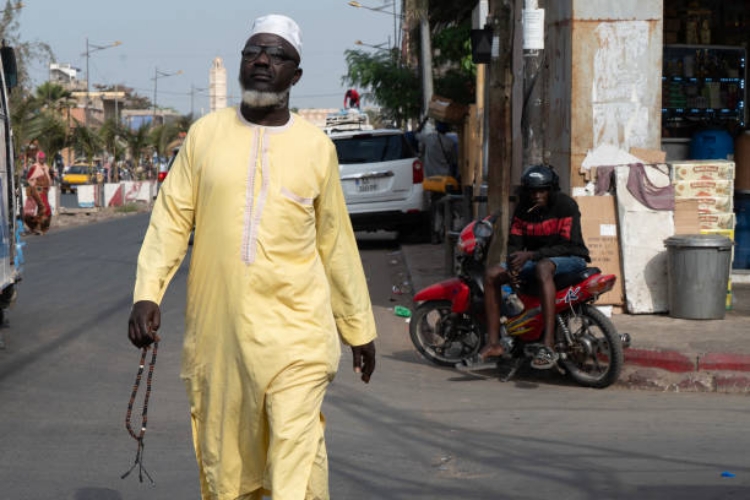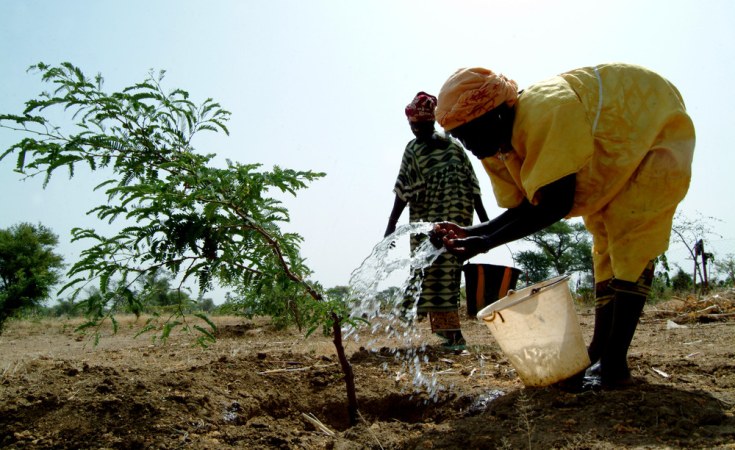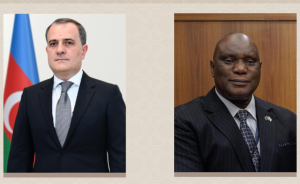Gambiaj.com – (BANJUL, The Gambia) – Despite a decade of legislative and policy reforms, Gambian women continue to face significant barriers in education, employment, and political participation, according to new findings from the latest Afrobarometer’s survey released on November 3rd.
The study, conducted in April and May 2024 with a nationally representative sample of 1,200 adults, reveals persistent gender gaps and declining public support for women’s political participation.
According to the report, titled “Gambian Women Still Face Barriers to Equality in Education, Employment, and Participation in Politics,” 45% of Gambian women have no formal education compared to 40% of men, and women are less likely to attain secondary or post-secondary schooling (41% versus 47%).
While 89% of citizens say families rarely prioritize boys’ education over girls’, 9% admit this still happens frequently. Moreover, two in ten respondents report that schoolgirls “often” or “always” face discrimination or sexual harassment from teachers.
In the labour market, women lag significantly behind men in full-time employment—22% compared to 36%—and are more likely to be excluded from the workforce altogether (44% of women vs. 29% of men).
A lack of education and childcare were cited as the main obstacles preventing women from entering or advancing in the workplace. One-fifth of respondents said husbands or family members often prevent women from taking paid jobs.
The survey also found a worrying decline in support for women’s political representation. Although a majority (58%) believe women should have the same chance as men to be elected to public office, this marks a 17-point drop from 2018. Only about half of men (51%) support equal political opportunity, compared to 65% of women.
Sexual harassment in public spaces also remains a concern. Two in ten Gambians say such incidents occur frequently in markets, on streets, and in public transport, while half of respondents doubt that women who report harassment will be believed.
Nearly three-quarters (73%) of Gambians say the police and courts must do more to protect women and girls from discrimination and harassment, with half urging authorities to act “much more” decisively.
Afrobarometer concludes that while many Gambians reject discriminatory norms, entrenched cultural attitudes and structural inequalities continue to hold women back from full participation in society.
The authors, Mariama Davies and Isatou A. Badjie, emphasize that achieving gender equality requires stronger enforcement of existing laws and sustained public education efforts.
The findings come as The Gambia implements its new National Gender Policy (2025–2034), which aims to close gender gaps across leadership, education, and economic participation as part of the country’s National Development Plan (2023–2027).



